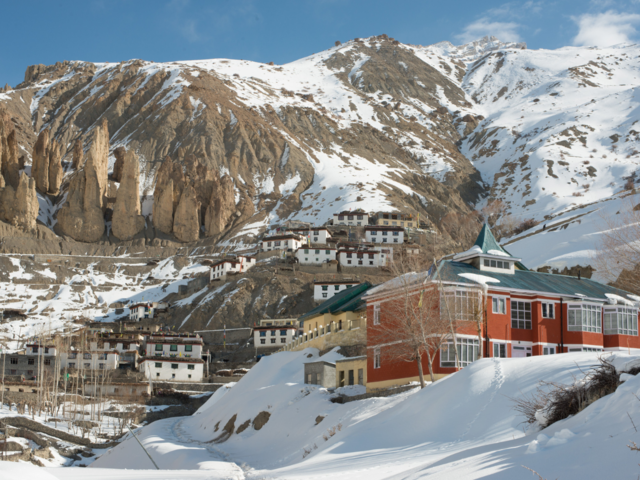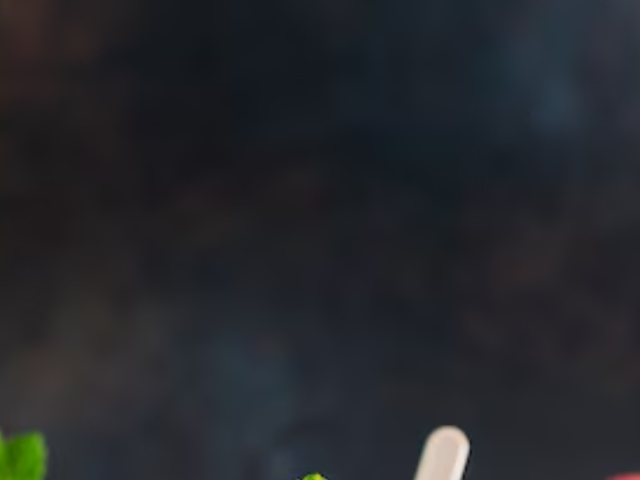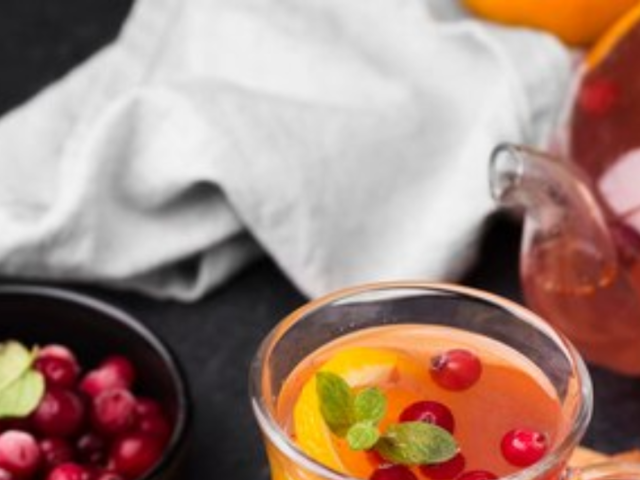
As COVID-19 infections in Tokyo continue to rise, will more brands follow Toyota and pull their plugs?
Is there a chance of their sponsorship backfiring and coming across as insensitive and tone deaf?
Jul 26, 2021, 10:00 IST
media
With rising COVID-19 cases associated with the Olympic Games, will brands get the most bang for their buck?
Jul 26, 2021, 10:00 IST
Is there a chance of their sponsorship backfiring and coming across as insensitive and tone deaf?
- After international sporting events saw a long hiatus,
Tokyo Olympics began on July 23. However, with it came Covid scare. Last week, the number of positive cases breached the 100-mark. - Owing to the influx of participants from around the world, Tokyo Olympics could turn into a Covid-19 superspreader event and many are calling for the games to be cancelled amid safety concerns. During such volatile times, brands who advertise might face backlash for supporting the games that could be a threat to many lives.
Toyota , for instance, has already pulled the plug on advertising and Coca-Cola said that it wouldn't be deploying any physical Olympic activations in Japan.- So, with subdued interest in the Olympics, is it best for brands to conserve the marketing spends till consumers spend and sentiment picks up? Is there a chance of their sponsorship backfiring and coming across as insensitive and tone deaf? We speak to brand experts to find out.
Consumers have expressed mixed feelings of terror and hope. Due to the influx of participants from around the world, Tokyo Olympics could turn into a Covid-19 superspreader event and many are calling for the games to be cancelled amid safety concerns. During such volatile times, brands who advertise might face backlash for supporting the games that could be a serious threat to many lives.
For the same reason, international auto brand Toyota has already pulled the plug on its Olymoc association and Coca-Cola has said that it won't be deploying any physical Olympic activations in Japan.
If the number of athletes testing positive goes up, like Indian Premier League, the games might be called off. At the same time, the NBA had 48 positive cases within one week of testing before the season, but the league still went ahead. However, with the Olympics, there is a lot at stake. According to The New York Times, these are said to be the most expensive Olympics in history, and the year-long delay has only added to the budget, $15.4 billion to be precise. If the event is cancelled, IOC may have to refund around $4 billion.
Despite the trepidation, brands remain unshaken.
In India, we have one of the largest contingents this time with 120 athletes from 85 disciplines and brands are going all out to support them. The Indian Olympic Association (IOA) has signed Edelweiss, INOX Group and Nippon Paint as national sponsors. Amul, Raymond and JSW Group are game partners. Raymond has come onboard as the official styling partner. According to media reports, MPL Sports Foundation became the principal sponsor after signing a deal for Rs 80 million that covers the Tokyo Olympics and Asian and Commonwealth Games next year.
Oakley, Mia by Tanishq, Visa India, Bharat Petroleum Corporation Limited, Puma India and sponsors JSW, Omega, BridgeStone and Rin have already launched ads to celebrate athletes representing our country at an international stage.
“A big question that stresses brands sponsoring the Olympics is whether their continuance may come across as being insensitive to the havoc that Covid has caused and continues to do so,” said Lloyd Mathias, Business Strategist and former Asia-Pacific Marketing head of HP.
“Many people around the world feel that the IOC’s decision to continue holding the Games is inappropriate and seems tone deaf to the reality on the ground. Brands that are associating with the Olympics must stay watchful in their communication and ensure that their brand stays empathetic to the devastating impact that the pandemic has caused, while celebrating sporting excellence. Also, supporting the Indian contingent is always a worthy cause,” added Mathias.
But will they get the best bang for their buck?
N. Chandramouli, CEO, TRA Research said, “There is a lot of controversy regarding the hosting of the games now. Many think it would have been appropriate to postpone the Olympics by a year, but the cascading impact on the organizers and host country would have been financially devastating to force this decision. It's being called the $20 Billion bust for Japan as the money spent on the stadia will largely go unused. Hosting the Olympics in the middle of the pandemic will leave many sponsoring brands in a quandary if they will get ROI for the money spent. When the host-country Japanese brands are pulling back from advertising, including the Olympic title sponsor, Indian brands will likely do no different. The key mantra to survive Covid as a business is to keep the marketing powder dry, so as to be able to use it at the time when it is likely to give the maximum returns. With subdued interest in the Olympics it is best brands conserve the marketing spends till consumer spends pick up.”
Chandramouli said that brands should support a few players/games, in which the likelihood of India winning is high.
This once-in-four-years sporting event attracts eyeballs from across the world hosting sports such as shooting, wrestling, long jump, and hockey. It brings an opportunity for Indian brands to be present on a global platform supporting Indian athletes that elicits feelings of national pride and togetherness.
Albeit, low or no spectator events and a lower advertiser interest is likely to have a lower revenue for the games and casual watchers might opt-out.
“Viewers have been deprived of quality live sport for much of 2020, though the last few months have been good. Also, many brands are looking at the next few months to ramp up their marketing given that the Covid second wave is behind us and hopefully the third wave will not be as severe. Also, with the festive season fast approaching this makes for a great TV property,” said Mathias.
For brands that have associated with the summer games, Harish Bijoor, Founder, Harish Bijoor Consult advised to stay clear of on-ground activations.
Bijoor said, “I do believe the Tokyo Olympics should have been scrapped altogether at the altar of the Pandemic. Sadly, that is not to be. My advice to brands would be to use the event as a pure digital property and avoid all on-ground activation. No brand wants to be associated with the image of a superspreader sponsor. Brands must therefore stay cautious. Yes, brands want to get viral, but Covid is not the virus to ride!”
Overall, brand experts advise brands to be careful of their messaging, be more active on digital mediums to reach out to global sports fans and only associate with clear-winning games.
INSIDER INTELLIGENCE REPORTS







